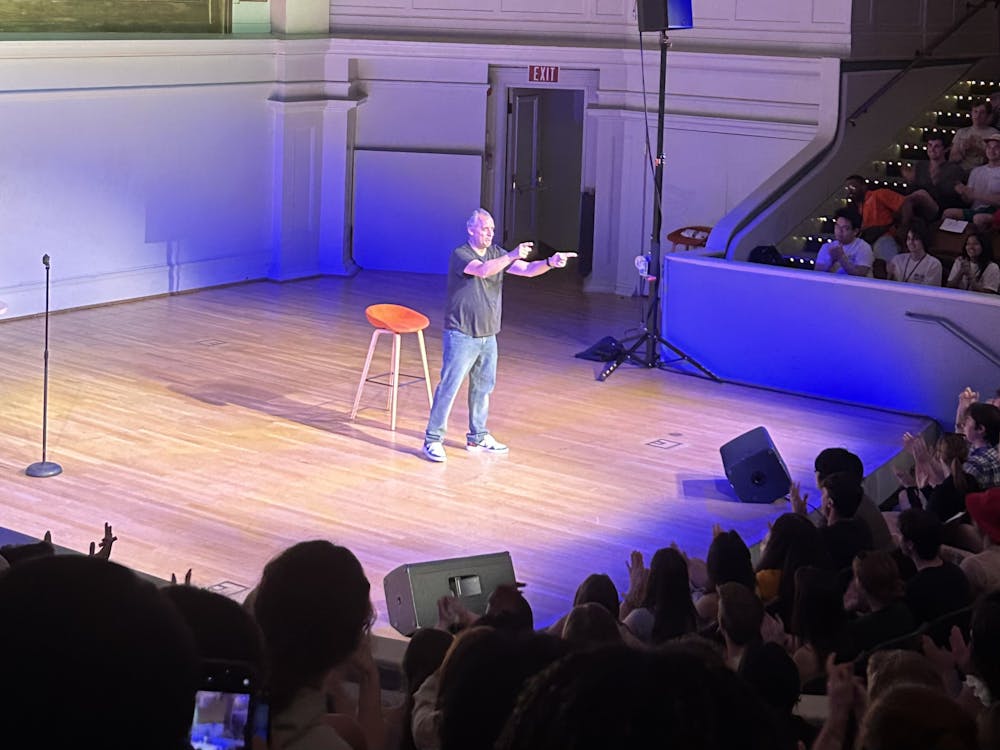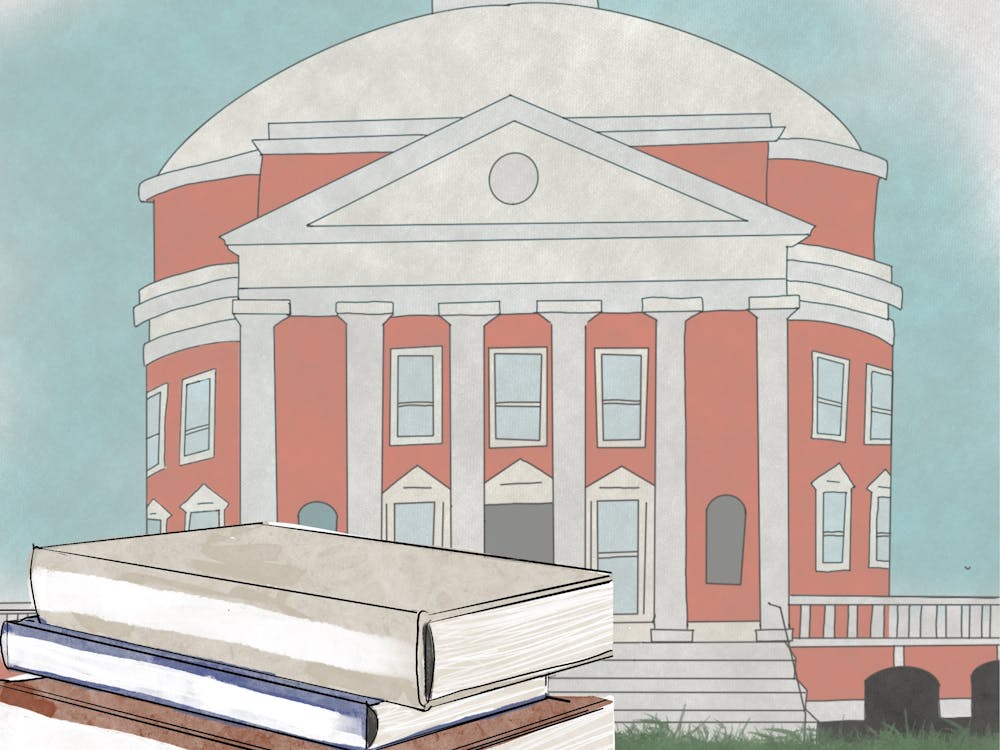As titles go, “The Recovering” is a bit of a misnomer. Make no mistake — Leslie Jamison was several years sober at the time of her memoir’s publication in April 2018 — but the work is just as concerned with the author’s fall as it is her rise. Aside from chronicling her own alcoholism, Jamison also brings her analytical, deeply personal eye to other stories of addiction and to the history of addiction itself. Readers looking for the standard dependence-to-recovery timeline might be disoriented, but as Jamison says in “The Recovering,” “Nothing about recovery had been singular … recovery had been about immersion in the lives of others.”
Jamison, an author boasting degrees from Harvard and Yale, is no stranger to intensive research projects. In fact, a research project is how “The Recovering” was born. Jamison was working towards a doctoral degree at Yale when she began working on a “dissertation about the relationship between addiction and narrative … as well as the relationship between recovery and narrative,” as she put it in an interview with Arts and Entertainment. The conversation took place in advance of her Jan. 18 reading of “The Recovering” at New Dominion Bookshop.
Jamison explained that, in the world of creative writing, addiction often seemed synonymous with creative genius, while the stories of newly sober artists were much harder to come by. It’s a problem that had haunted her for years — as though she needed further accolades, Jamison is also an alumna of the Iowa Writers’ Workshop, a master’s program renowned for its notable alumni but notorious for its pervasive drinking culture. The two went hand-in-hand, as Jamison writes early in “The Recovering.” “The myths of Iowa City drinking ran like subterranean rivers beneath the drinking we were doing.” Raymond Carver, John Cheever, John Berryman, Denis Johnson — they all attended the program, and they all drank heavily. “I was into the drinking,” Jamison writes of her time in the Writers’ Workshop, “but I was also into the mythology.”
Years later, as a doctoral student, Jamison wasn’t into either — and she was searching for proof that she didn’t have to be. “I felt like sobriety could look like a wasteland,” she said. “I wanted to believe that wasn’t true.”
So she began revisiting the lives of those mythic, drunk authors to question whether their addictions were really quite as romantic as they had been depicted. Aside from researching Iowa’s alumni, Jamison broadened the scope of her project to include addicts from varying backgrounds, and addictions of varying kinds. The main question of her project — “Does recovery kill great writing?” — is followed by tangential ones. Why are some people more predisposed to addiction? What changes when the addict in question is a person of color, or a woman, or both? Jamison’s intersectional approach to addiction leads to a historical one, as she dives into America’s complicated history with substances and those citizens who can’t stop using them. Seemingly every major event and notable addict is covered, from Prohibition to the War on Drugs, from Amy Winehouse to the all-but-forgotten author George Cain. These stories and histories are interlaid with Jamison’s main narrative of her alcoholism, supporting her idea that “nothing is singular” about her experience.
Jamison said that “The Recovering” wouldn’t have worked so well in another form. “Eventually I realized the most honest book I could write would be one that approaches these questions from multiple angles,” she said, listing “personal narrative, literary criticism, cultural history” and “reportage” all as necessary components of her work.
The style is sometimes a jarring one — it’s hard to shift from an upsettingly intimate account of Jamison caring for her dying grandmother and getting wasted, alone and in secret, every night, to an analytical approach to Nixon’s racial biases — but these transitions also mirror Jamison’s own, tumultuous experience with alcohol. In “The Recovering,” she realizes she has a problem, gets sober, starts attending AA meetings and relapses. She gets sober again, but alcohol beckons on the horizon, the “shimmering alternate world.” Recovery is not an absolute, Jamison acknowledges. The substance and its original hold are never forgotten.
For Jamison, the original hold was during her time as an undergrad at Harvard. At Iowa, her alcoholism compounded itself with literary ambition, but it was at Harvard that Jamison had her first blackout, when she first realized that “drinking felt like the opposite of restriction. It was freedom.” When asked about the fact that she would be reading to a crowd at least partially composed of college students, Jamison said that resonance “isn’t necessarily about sharing a situation with the narrator or character on the page,” arguing that it “leaps across categories” and “surprises you.” “I guess I’m saying — anything might resonate with college students. I believe that.”
However, Jamison also admitted that college was an anxious, upsetting time of isolation for her, and that these ideas might make their way into the reading. She described feeling “young and insecure and hungry for experience” and emphasized the “delusion of feeling that I was singular in my loneliness … when in truth I shared those feelings with most of the people around me.”
One of Jamison’s most vital points, and one that continually appears both in her writing and her conversation, is that no one — whether an addict or just “young and insecure and hungry for experience” — is truly alone in what she experiences. “I used to believe everyone else was happy behind their lit windows,” she said. “Now I understand that the lives behind those lit windows were more complicated and fraught than I once assumed.”
Jamison will read from “The Recovering” Friday, Jan. 18, 7p.m. at New Dominion Bookshop.





